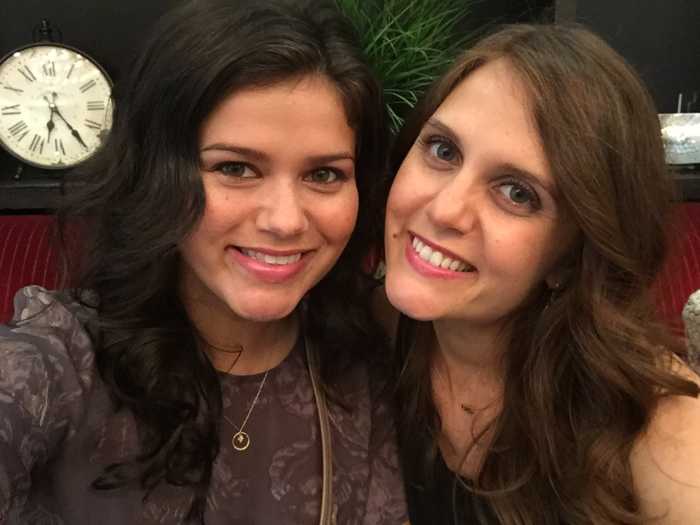News that the much-maligned Department of Buildings [DOB] is “upping its game” and at least trying out new reforms should put smiles on the faces of all those who feel the agency has too often dropped the ball on controversial construction projects.
“We feel that this is groundbreaking stuff,” DOB director of intergovernmental affairs Donald Ranshte recently assured members of the Madison-Marine-Homecrest Civic Association.
But as welcome as theDOB’s “drive to total transparency” may be, community watchdogs from one end of the borough to the other aren’t yet ready to breathe a sigh of relief – not when they say the Board of Standards & Appeals [BSA] continues to favor developers and their out-of-scale building projects
“The commissioners are professional, but it is so evident that the agency has become a developer’s tool under the Giuliani and Bloomberg administrations,” Madison-Marine-Homecrest Civic Association Vice-President Ed Jaworski says. “I don’t think it is a stretch to say that anyone, who is not a real estate developer that is, who has had to deal with the BSA comes away frustrated and outraged.”
The BSA is the largely obscure five-ember panel tasked with interpreting the meaning or applicability of New York City’s dense zoning regulations and building codes.
Commissioners serve six-year terms and are appointed solely by the mayor.
Despite its considerable powers to shape communities, however, not many people are aware of the BSA until they discover a developer has bought up the property next door and plans on building a five or six-story condo outside their living room window.
“To say that the BSA is more favorable to developers is to say that this is part of the game of doing business in the City of New York,” says Aaron Brashear, head of the Concerned Citizens of Greenwood Heights. “That’s certainly the track record – the BSA is there for development community.”
Back in 2006, Brashear and a group of other community activists fought to block eight large-scale building projects in their neighborhood that ended up at the BSA.
They were successful in defeating two of them.
Part of the problem, according to Brashear, is thatthe BSA behaves too much like an “old boys club” and applicants are very adept at “gaming the system.”
“There’s a certain amount of cronyism that happens when you have members of the BSA that are former DOB employees like [Commissioner] Susan Hinkson,” Brashear says. “It’s the same attorneys day in and day out. There is a familiarity that would not be acceptable if it was a court of law instead of a tribunal.”
BSA Executive Director Jeff Mulligan has been with the agency for the last four years and says that the group’s commissioners have“developed a reputation for being rigorous” when considering building applications.
“We need a BSA,” Raul Rothblatt, executive director Four Borough Neighborhood Preservation Alliance, concedes. “We need something to oversee the decisions of the DOB. It definitely has a necessary function.”
That being said, Rothblatt also complains of a “power imbalance” that makes it exceedingly difficult for underfunded community activists to make their case before the BSA.
“There has not been the political will to change that situation,” Rothblatt says. “There is a lot of power right now in the mayor, and a lot of the elected officials seem to be relatively happy with the situation.”
New York City Councilman Tony Avella has introduced a series of bills seeking changes – specifically,boosting the number of BSA commissioners to 13, requiring a two-thirds majority vote on BSA decisions, and granting the City Council the power to review some of their rulings.
“I think all three have substantial merit and deserve discussion and consideration and should not be quickly dismissed,” Jaworski says. “Perhaps a thorough, objective, open public hearing on the BSA would be a place to air out these or other recommendations—as was done for DOB with both State and City hearings.”
City Councilmember Lew Fidler has been a vocal critic of the DOB, but he doesn’t support City Council review of BSA decisions.
“I would not want that power,” Fidler said.“There appears to be a trend leaning to developers – I don’t know how to reform it.”
Maybe not, but the influential councilman does insist that too many BSA applications are granted over the objects of local community boards.”
“The BSA needs to be more sensitive,” Fidler says.
Indeed, that would be a welcome change at the community board level where many groups often complain that the BSA routinely dismisses their recommendations.
“The BSA should be required to provide written explanation to a CB if it overrules a CB’s determination on a BSA application,” Community Board 14 Chair Alvin Berk says.
Even regular petitioners appear to be unhappy with the BSA.
Engineer Harold Weinberg is a former member of Community Board 15 and remains a special advisor to the group. He often represents clients seeking special permitsand variances from the BSA
“I think they’re imposing too many requirements on the applicants,” Weinberg complains. “I think they can lighten up a little.”






















